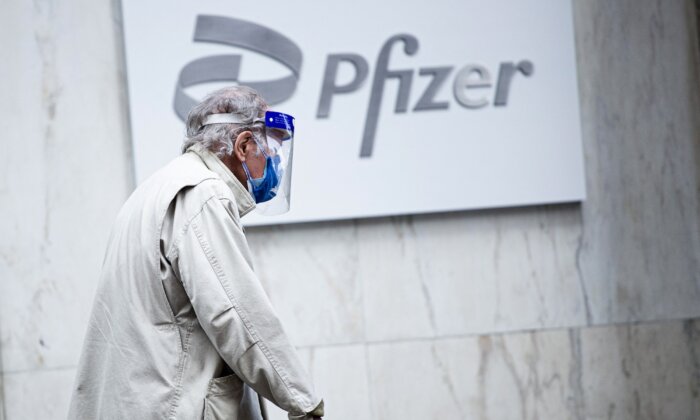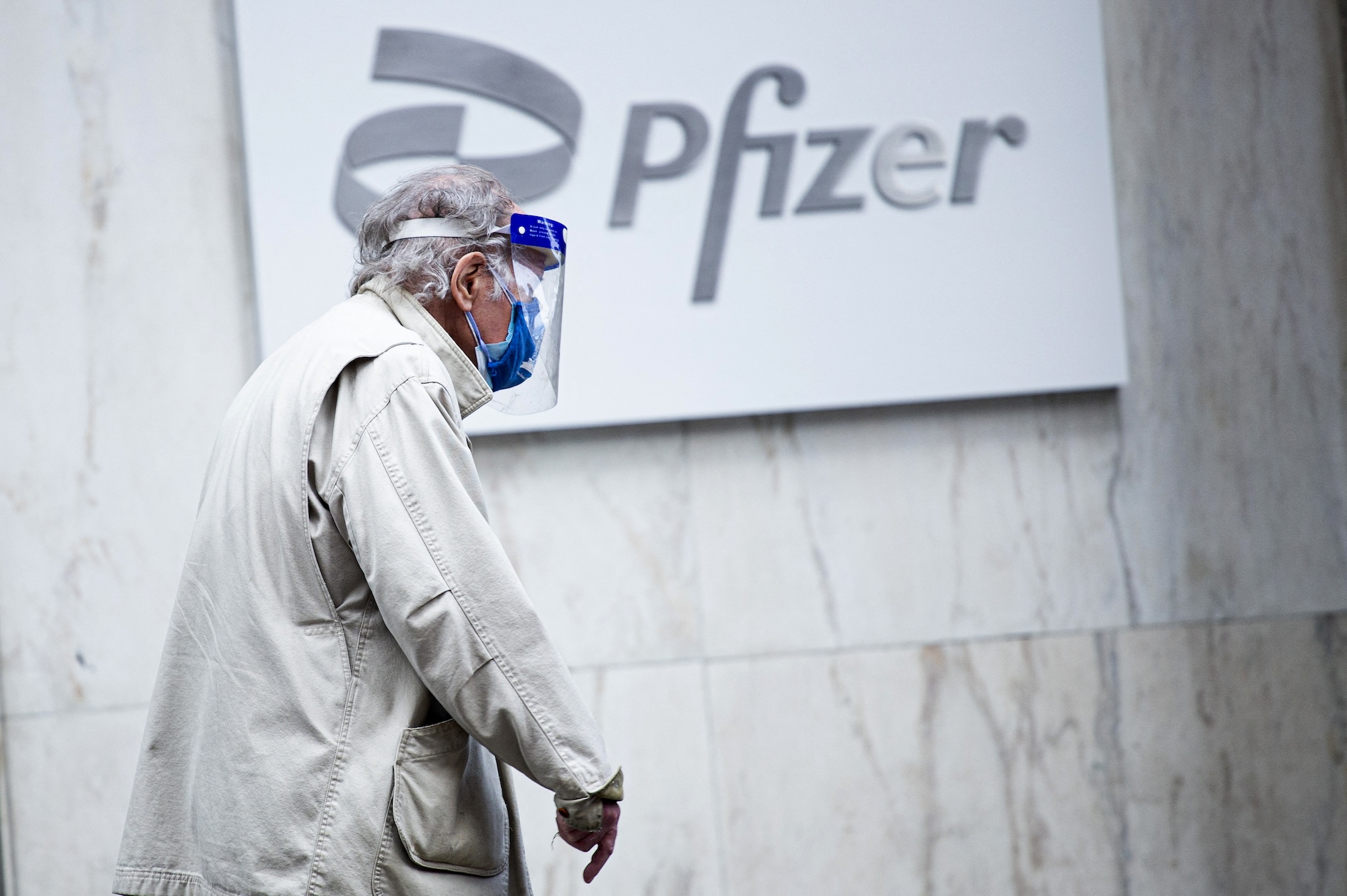Pfizer Pauses Experimental Gene Therapy Trial After Boy’s ‘Sudden’ Death
Pfizer said it is working with regulators and the Data Monitoring Committee to learn more about the boy’s potential cause of death.
Pharmaceutical giant Pfizer Inc. has halted a study of an experimental gene therapy for muscular dystrophy after a child who received the treatment died due to cardiac arrest.
According to Pfizer, the “DAYLIGHT” study enrolled children between the ages of two and four.
The study has since concluded, Pfizer said.
Meanwhile, initial dosing for a placebo-controlled, randomized Phase 3 trial assessing its DMD therapy, which is called CIFFREO, was also completed in 2023, the company said.
The trial used a crossover design to examine whether fordadistrogene movaparvovec could slow the progression of DMD in boys aged four to less than eight years, compared to a placebo.
However, as a result of the boy’s death, Pfizer has paused dosing associated with the cross-over portion of the CIFFREO trial while it investigates the death.
The drugmaker added that it is working with regulators and the independent external Data Monitoring Committee to learn more about the boy’s potential cause of death.
Safety, Well-Being of Patients a ‘Top Priority’
“On behalf of everyone at Pfizer, we extend our sympathies to his family, friends, and those closest to his care,” Pfizer wrote in the letter.
“The safety and well-being of the patients in our clinical trials remains our top priority, and we are committed to sharing more information with the medical and patient community as soon as we can,” the company continued. “We are also aware that many in the patient community are hopeful about the potential benefit of fordadistrogene movaparvovec for the treatment of DMD, and we will continue to collect data from our trials to evaluate its ability to address this disease.”
While Pfizer has paused dosing in the CIFFREO trial, other trial activities are continuing as scheduled, the company said.
“Beyond CIFFREO, the dosing pause does not apply to other ongoing trials in the fordadistrogene movaparvovec program as dosing has been completed in those studies,” the pharmaceutical giant wrote in the letter.

Duchenne Muscular Dystrophy Symptoms
Symptoms of DMD are typically exhibited early on in childhood around the ages of two and three, and include difficulty jumping, running, and walking as well as enlargement of the calves, a waddling gait, and an inward curve of the spine, the association states.
As the disease progresses, DMD can impact the heart and respiratory muscles leading to impaired pulmonary function, which can eventually cause acute respiratory failure.
While the condition primarily affects boys; with an estimated one in every 3,500 male births impacted worldwide, girls may be impacted in rare cases too, according to the association.
This is not the first time someone has died from Pfizer’s gene therapy candidate.
“I think our gene therapy for DMD have shown a very consistent effect across biomarkers and functional end points,” Mr. Dolsten said at the time, adding that functional data the company had reported up until that point had given “encouraging signals in both the younger and the slightly older boys.”
“This makes our gene therapy, in a way, the main game in town,” Pfizer’s CSO said.
The Epoch Times has contacted Pfizer for further comment.






